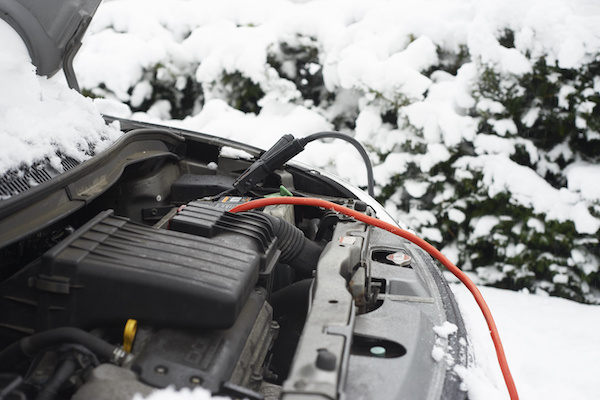
It is that time of the year in Gurnee, IL, where temperatures are consistently below freezing. As you prepare to winterize your home, remember that your car can be heavily affected as well. We recommend that you do whatever it takes to prevent the ugly impacts of cold weather on vehicles. Here are some of the challenges your car may face this season!
Corrosion
The most corrosion-prone parts of your car include the brakes and the undercarriage. These parts are sensitive to corrosion because they are metallic and have frequent exposure to salted roads. Please have these parts thoroughly checked throughout or at the end of the season to avoid leaks and other damages.
Tire Pressure
The extreme cold can also cause your tire pressure to drop in the winter. The low temperature causes the air to contract inside the tire, leading to underinflation. However, the tire pressure could possibly increase back to normal after your car warms up. To be better safe than sorry, we recommend regularly measuring and refilling your tires (if needed).
Dead Battery
Having a dead battery during the winter is more common than you think. You can avoid the frequent jumpstarts and prevent having a dead battery by having it replaced.
Thick Oil and Fluids
Your oil may get gel up as it gets frigid during the winter. Consequently, your engine oil pump may have to work harder to circulate the lubricant. Other fluids such as the transmission fluid, oil, and coolant can also thicken up.
Ice in the Fuel Line
Not only can certain fluids thicken, but some can freeze. If you have moisture residing in your fuel lines, the cold temperatures can cause a blockage in the gas lines.
As you can see, the impacts of winter on your car aren't that pretty. At D. Wells Automotive Service, we can help prepare your car for these cold-weather challenges. If you need an inspection or repair to combat the adverse effects of winter, please bring your vehicle to D. Wells Automotive Service today!